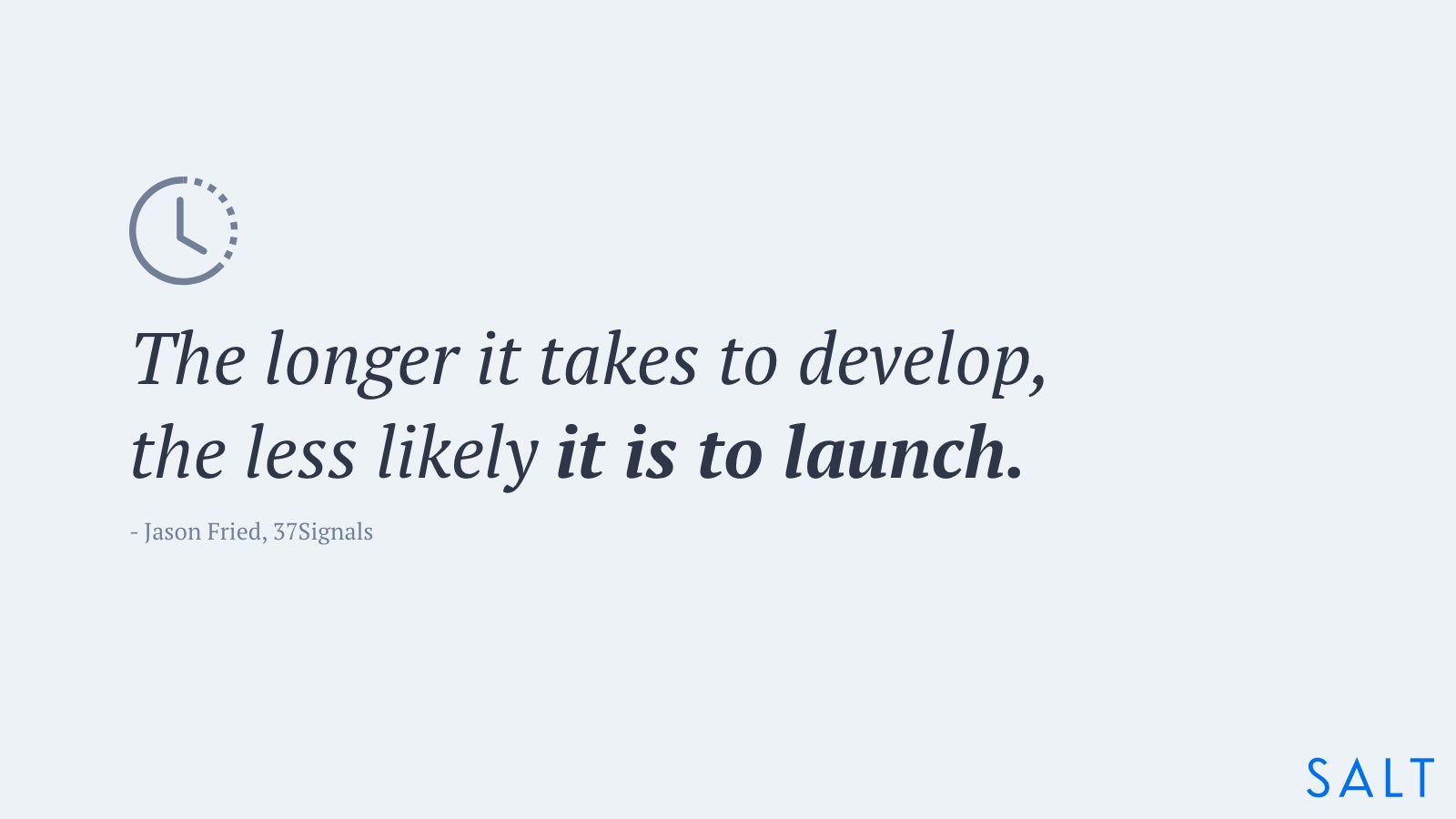How to start your own WordPress blog “the right way”? (2021)
So you want to start a WordPress blog but are confused about making the right choices?

So you want to start a WordPress blog but are confused about making the right choices? Let me try to help you out a little with my 7+ years of experience with WordPress.
It is not that difficult to get started with your own WordPress blog & get a few hundred monthly visitors, provided you follow the right path. You need not have any coding knowledge to create a successful WordPress blog.
There are already a lot of blog posts available on this topic. But most of them are just for earning affiliate commissions from you. In that process, those posts might confuse you more than helping you make the right choice.
In this post, I will try to keep it really short & simple. Let’s try to get to the target with simple steps & the right choices.
What all will you need to start your own WordPress blog?
To set up your own blog where you have control over everything, you will need the following things. Don’t worry if you don’t have anything right now, because we will see how you can get everything step-by-step.
- A topic for your blog
- A domain Name
- A hosting account
- A free WordPress theme
- Few WordPress plugins
If you follow this article completely, your WordPress blog can be up & running in the next 30 odd minutes. You can invest your time more in writing good blog posts instead of spending it on setting up WordPress.
Step 1: Choose the right topic for your WordPress Blog.
As you have already decided to start your WordPress blog, you must have shortlisted a few topics.
Very few people have a clear vision about what they want to publish on their blog. Most people, when they start a blog, want to cover a wide variety of topics. I would suggest not to do that.
Choose a niche topic that interests you the most. Or choose the topic which you have studied thoroughly. Don’t get into keyword research, as that will confuse you more. Always remember:

The longer it takes to develop, the less likely it is to launch. Tweet this
Moreover, when you write all posts around the niche topic, it is easy for search engines like Google to understand your blog. In simple words, Google will tag your blog as an expert for that niche topic.
If you keep publishing posts on a wide variety of topics, it is difficult for Google bots to understand what exactly your blog is about.
I hope this helps you in simplifying the topic choice.
Step 2: Choose the right domain name for your WordPress Blog.
A domain name is your website’s address that people type in the browser URL bar to visit your website.
I generally use GoDaddy to register domain names. I am pretty satisfied till now, at least with their domain registration services.
The following points will make it easy for you to choose the right domain name:
- It should be easy to type & easy to remember.
- Make sure it is pronounceable & easy to spell.
- Try to keep it as short as possible. Domain names with more than 15 letters will make it difficult for your end-users to type or remember your domain name.
- Try to keep the SEO target keyword in your domain name. This will be helpful when you try to optimize your website for search engines.
Again, I would suggest not to invest too much time in this step. If you find some good domain name that follows all of the above points, don’t waste days searching for other domain names.
Step 3: Choose a good hosting service provider.
Web hosting is a service that allows your website to be accessed by users over the internet. The hosting provider allocates disk space to store your files & data.
Choosing the right hosting provider is one of the most important steps while setting up your blog. This is one vital factor that can affect your website speed.
There are many good hosting service providers. But, very few of them have optimized their servers for WordPress.
We generally use WP Engine or Siteground for hosting our WordPress websites. We have excellent experience with both hosting providers.
If you can spend around 35USD per month for hosting your WordPress blog, WP Engine and Kinsta are the best options.
If you don’t want to spend this much on hosting, Siteground’s managed WordPress hosting is the best option. You can start with as low as 6.99USD per month there.
Step 4: Choose a good WordPress Theme for your blog
The best way to get the most secure, optimized & user-friendly blog is to contact a WordPress expert or a website design company.
But if you are short on budget & time, you can easily start with a good WordPress theme. We recommend using Astra or OceanWP to start your WordPress blog.
Astra & OceanWP both are really fast, secure & customizable WordPress themes. Both come with some starter templates that will help you start with your blog.
Both themes are free of cost & you can download them easily from the WordPress repository. Both of them power a huge number of websites & have excellent reviews.

Step 5: Install these WordPress plugins to make your blog production-ready
Though WordPress is enough to start your blog, we should add a few plugins to take it to the next level. The beauty of using WordPress for blogs is its huge plugin repository.
You should at least consider adding plugins for the following points:
- Performance optimization
- Better Security
- Search Engine Optimization
- Contact Form
- Google Analytics
Performance Optimization
WordPress is a PHP based content management system that uses a MySQL database.
Whenever someone visits your WordPress blog, PHP files get executed. Those PHP files connect to the MySQL database, fetch content, and then serve your blog to the visitor.
This process can take some time, and your user has to wait to read content till all this process is complete. But we can easily reduce this time with caching plugins.
In some cases, the hosting server provides caching. If you use WP Engine or Siteground as we suggested above, you can use the hosting provider’s caching plugins.
But if you are using some other hosting that does not come along with WordPress caching, you must install a caching plugin.
As per our experience, W3 Total Cache & WP Fastest Cache are the best free plugins for WordPress caching. You can use any of them as per your choice.
Security
WordPress powers more than 35% of the web. WordPress has a huge community, and it is open-source. Though this makes WordPress powerful, it also brings vulnerability.
It would be best if you take care of your website’s security. Installing a security plugin is a starting step to make your WordPress blog more secure.
We mostly use theiThemes Security plugin for our WordPress sites & we have a perfect experience with it till now.
Search Engine Optimization
Many WordPress plugins provide good Search Engine Optimization (SEO). But the best plugin for a beginner is Yoast SEO.
This plugin will help you with all the SEO basics. Installing & using this plugin will be almost as helpful as hiring a basic level SEO consultant.
It comes with a basic setup wizard, which makes it easy to use.
Contact Form
Without a contact form on your WordPress blog, it is difficult for your users to reach out to you.
Adding a contact form on your blog would be easy with a simple plugin like Contact Form 7 or WPForms.
Contact Form 7 is a traditional WordPress plugin for adding contact form functionality to a WordPress blog. It still powers millions of websites.
WPForms is a little easy for beginners as it comes with drag & drop functionality. This too, powers millions of websites successfully.
Google Analytics
One last important plugin that I would suggest to add is for Google Analytics.
It will help you understand your visitor statistics deeply. You can easily track how many people visit your blog, which blog post is most popular, which post is not that popular, etc.
I like to use MonsterInsights for adding Google Analytics to my WordPress sites. It is currently one of the best free WordPress plugins for Google Analytics.
Conclusion
Starting your own WordPress blog is not that difficult if you don’t get stuck in confusion.
WordPress has tons of plugins & themes to choose from. At the starting level, don’t get into comparing all plugins/themes. Just follow these choices & start publishing your blog.
To summarise everything in short:
- Blog Topic: A niche that you have expertise in.
- Domain registration: GoDaddy
- WordPress Hosting: WPEngine or Siteground
- Free WordPress Theme: Astra or OceanWP
- Free WordPress Plugins:
- W3 Total Cache or WP Fastest Cache
- iThemes Security
- Yoast SEO
- Contact Form 7 or WPForms
- MonsterInsights
